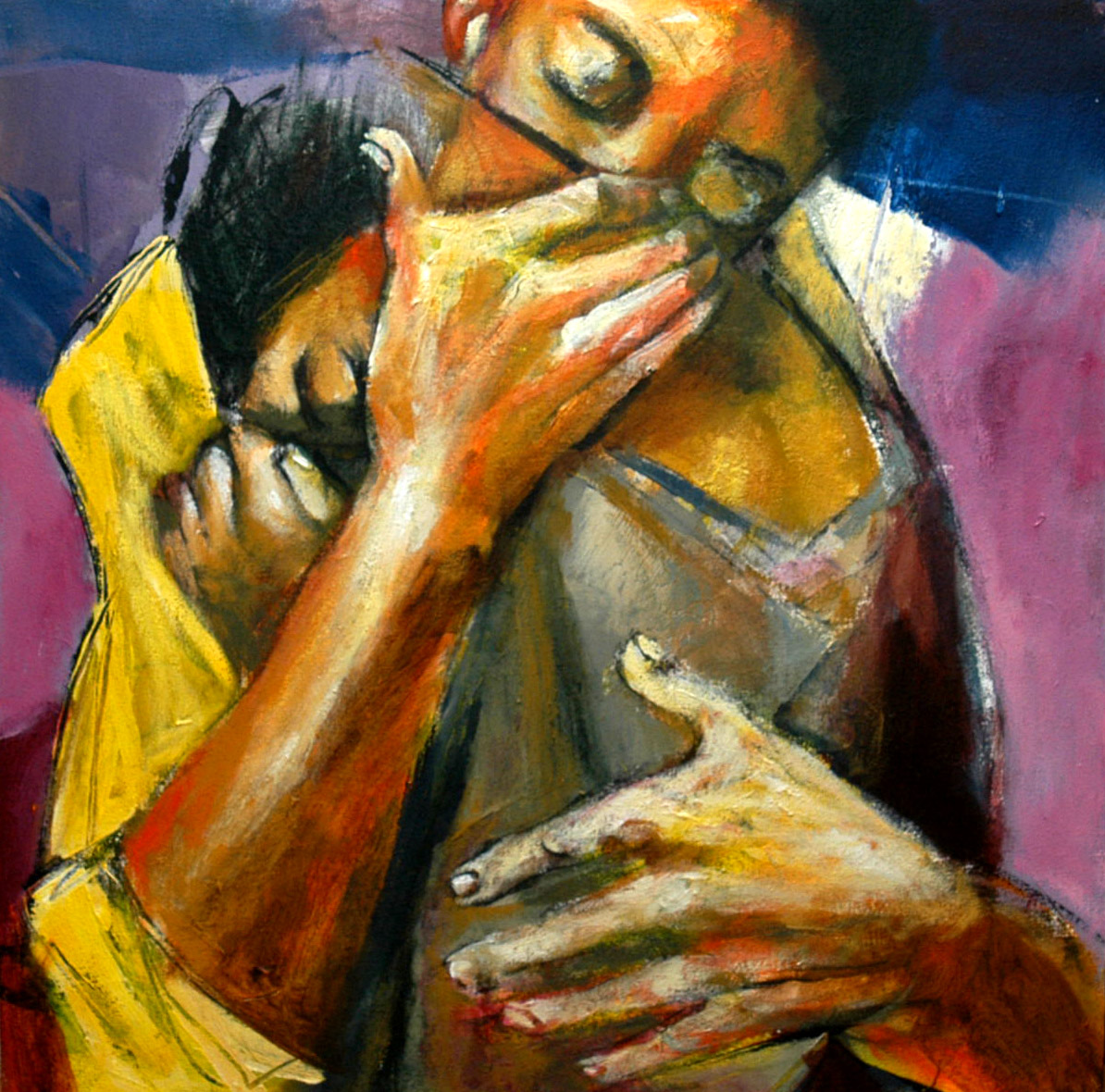March 5: Radical Love
♫ Music:
Thursday, March 5
Scripture: Luke 6:27-31
But I say to you who hear, Love your enemies, do good to those who hate you, bless those who curse you, pray for those who abuse you. To one who strikes you on the cheek, offer the other also, and from one who takes away your cloak do not withhold your tunic either. Give to everyone who begs from you, and from one who takes away your goods do not demand them back. And as you wish that others would do to you, do so to them.
RADICAL LOVE
Our society values strength and dominance. Stand up for yourself, don’t back down in a fight, winning is everything—these are all modern western ideals. Jesus’ call to “do good to those who hate you” seems weak in comparison.
But when Jesus chose love over hate to the point of death, He did not do it out of weakness. To love one’s enemy takes incredible inner strength. It is easy to lash out and much harder to forgive. Jesus embodied supernatural strength rooted in sacrificial love.
One man who demonstrated the strength of this radical love was Dr. Martin Luther King. By returning hate with love through nonviolent protests, King transformed an entire society. On November 17, 1957, King preached a sermon called “Loving Your Enemies” at Dexter Avenue Baptist Church in Montgomery, Alabama. Included in his sermon were the following words:
Darkness cannot drive out darkness: only light can do that. Hate cannot drive out hate: only love can do that because love has within it a redemptive power. And there is a power there that eventually transforms individuals. That’s why Jesus says, "Love your enemies." Because if you hate your enemies, you have no way to redeem and to transform your enemies. But if you love your enemies, you will discover that at the very root of love is the power of redemption. You just keep loving people and keep loving them, even though they’re mistreating you. Here’s the person who is a neighbor, and this person is doing something wrong to you and all of that. Just keep being friendly to that person. Keep loving them. Don’t do anything to embarrass them. Just keep loving them, and they can’t stand it too long. Oh, they react in many ways in the beginning. They react with bitterness because they’re mad because you love them like that. They react with guilt feelings, and sometimes they’ll hate you a little more at that transition period, but just keep loving them. And by the power of your love they will break down under the load. That’s love, you see. It is redemptive, and this is why Jesus says love. There’s something about love that builds up and is creative. There is something about hate that tears down and is destructive. So love your enemies.
How do we engage in radical love? Our hearts must undergo conversion. The title of this painting by the Filipino artist Emmanuel Garibay, Pagbabalik Loob, means conversion—both of self and of culture. Only when we convert our hearts to radically love our enemies can we transform our culture in the same manner. Garibay’s painting demonstrates the relational nature of conversion where the faces meld into the other person’s body as they embrace. Radical love is always relational. Because God loves us, we are able to love our enemies.
PRAYER
Loving God,
Open our eyes to see everyone around us as your beloved. Tear down our defensiveness and need to dominate others. Give us a humble spirit and a purposeful heart. May we generously look to the needs of others and selflessly listen without judgment. May your sacrifice compel us to transform our society through radical love.
Nancy Wang Yuen, Ph.D., Associate Professor of Sociology
Pagbabalik Loob
Emmanuel Garibay
2005
Oil on canvas
About the Artist & Art
Born the son of a Methodist minister in the Philippines, Emmanuel Garibay (b. 1962) has undergrad degrees in sociology and fine art, as well as a Master of Divinity. He is known for his expressionistic style, and his social activism. His depictions of poor, ordinary people, often in political and religious settings, present questions about justice and social complexity. Pagbabalik Loob (in English, Reconciliation or Conversion) depicts the return of the prodigal son, with an emphasis on the tenderness with which the father receives his son.
http://mannygaribay.com/
About the Music
Wonderful, Merciful Savior lyrics
Wonderful, merciful Savior,
Precious Redeemer and Friend,
Who would have thought that a Lamb
Could rescue the souls of men.
Oh you rescue the souls of men.
Counselor, Comforter, Keeper,
Spirit we long to embrace—
You offer hope when our hearts have
Hopelessly lost the way.
Oh, we've hopelessly lost the way.
You are the One that we praise.
You are the One we adore.
You give the healing and grace
Our hearts always hunger for.
Oh, our hearts always hunger for.
Almighty, infinite Father
Faithfully loving Your own,
Here in our weakness You find us
Falling before Your throne.
Oh, we're falling before Your throne.
About the Musicians, Composer, & Lyricist
Selah (with members Todd Smith, Allan Hall, and Amy Perry) was started in 1997 in Nashville, TN. The band has won several Dove Awards since 2000 for their new interpretations of traditional hymns.
http://selahonline.com/
The tune Wonderful, Merciful Savior was penned in 1989 by Dawn Rodgers, and the lyrics were completed by Rodgers and Eric Wyse while leading worship at Christ Community Church in Franklin, TN. The song is still sung regularly at Christ Community Church, and has been recorded by a number of artists, including Selah, who brought it to #1 on the Christian Inspirational Music Chart in 2001.
http://www.wonderfulmercifulsavior.com/
